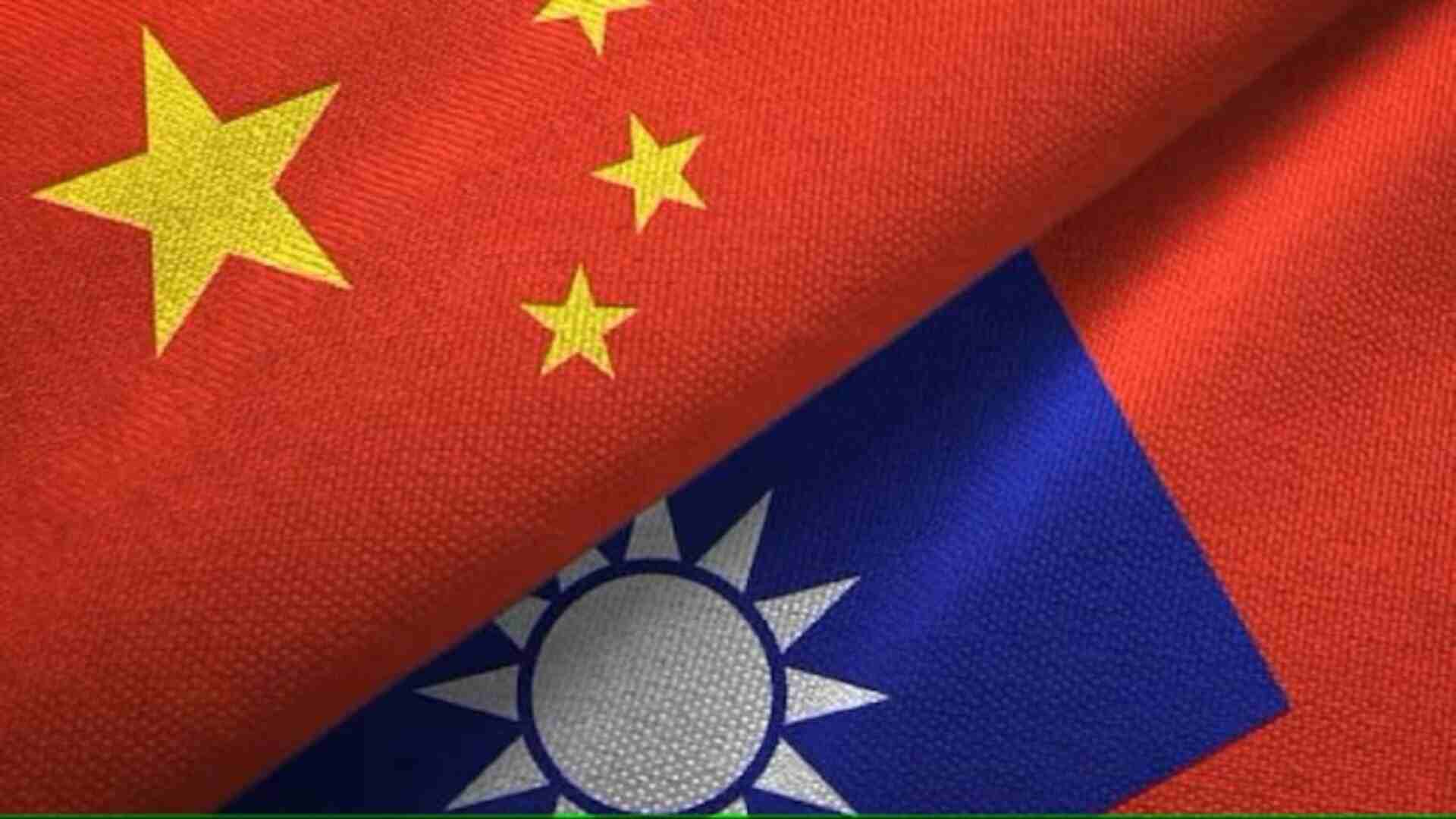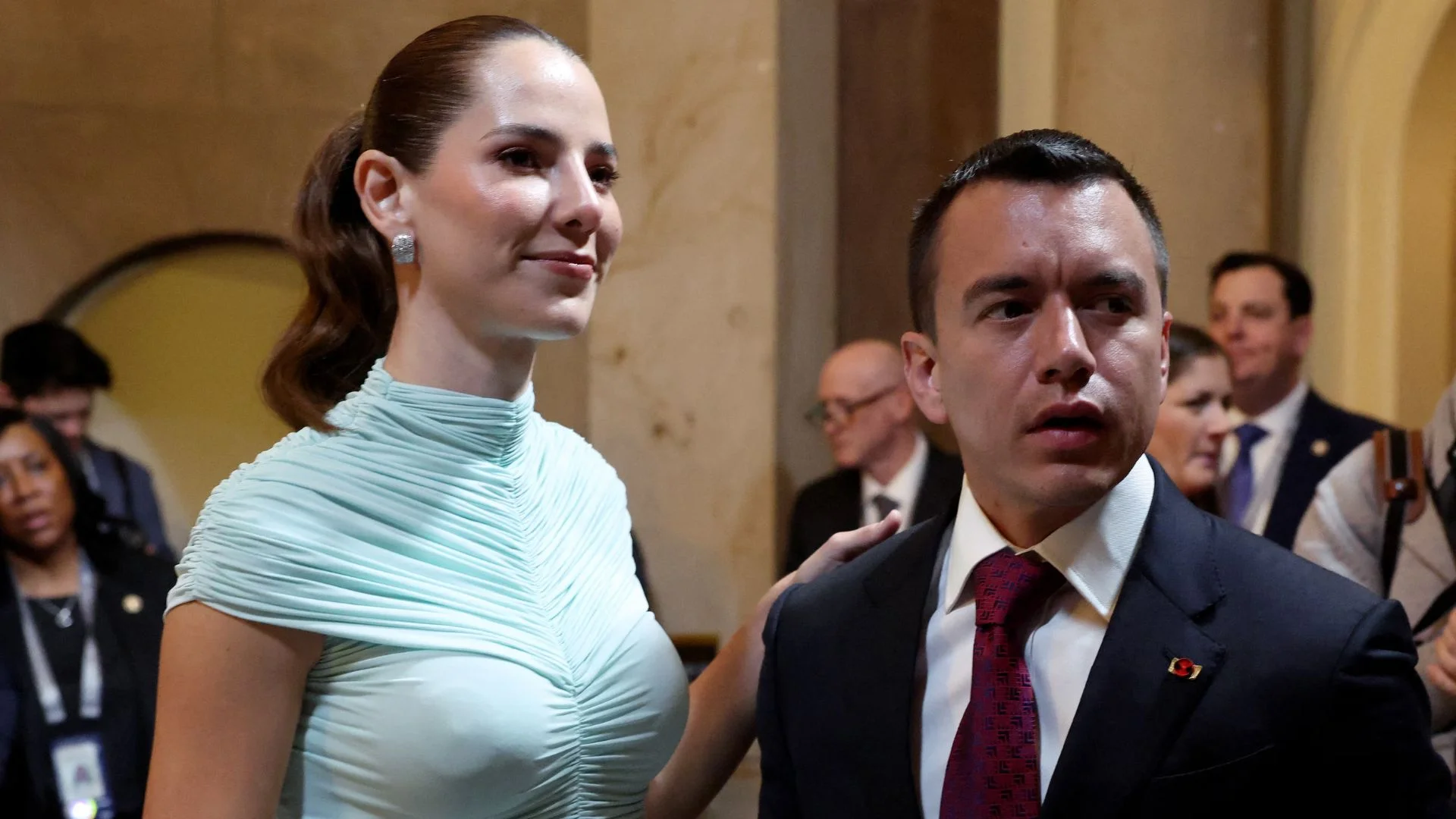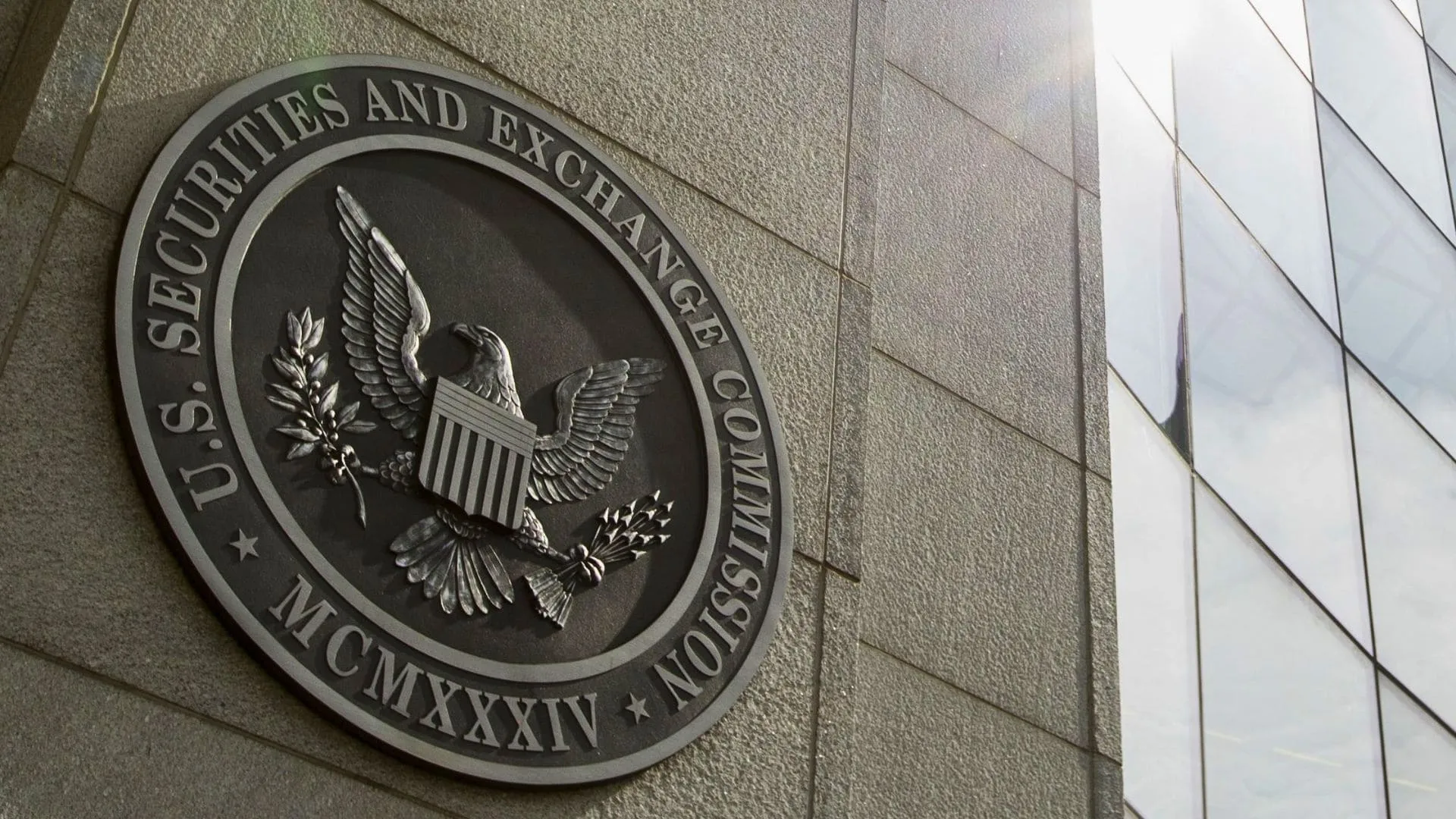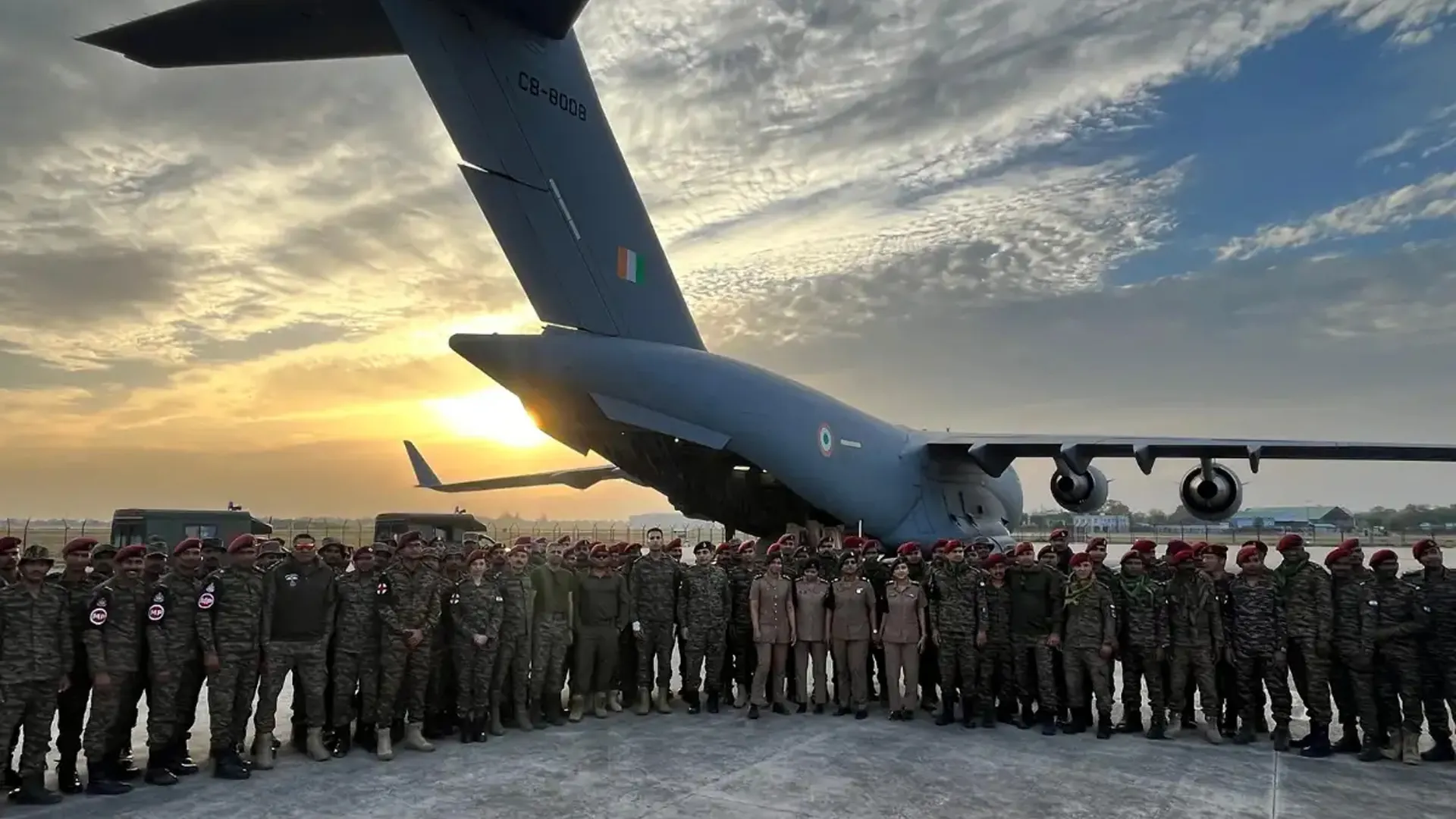China is actively recruiting young Taiwanese academics to promote “academic integration with Taiwan” and gain a leading edge in research and technology, according to a recent report commissioned by the Mainland Affairs Council (MAC), as reported by the Taipei Times.
The report, titled “On Taiwanese Citizens Teaching in China in Recent Years,” highlights shifts in Taiwan’s higher-education landscape and an increase in Taiwanese academics accepting teaching positions in China, according to the Taipei Times. China is particularly focused on recruiting Taiwanese professors in Fujian Province, where the provincial government provided subsidies for full-time higher-education teachers from Taiwan from 2015 to 2018, extending this policy from 2021 until next year.
Must Read: ‘Secret Source’ Reveals Trump, Epstein Bet on Courting Princess Diana, Says Journalist Michael Wolff
Since higher-education professionals often conduct research in areas linked to academic advancement, industrial growth, technology, and national security, the report recommended that Taiwan implement more comprehensive regulations to protect national interests when professionals with critical expertise accept teaching positions in China, Taipei Times reported.
Although Taiwan has a talented higher education sector, many Taiwanese doctoral graduates opt to teach in China due to limited local opportunities, National Cheng Kung University political science professor Hung Ching-fu noted on Sunday. “The graduates have no feasible option but to stay in China due to the lack of opportunities in Taiwan, or for higher pay,” the report added.
These trends have significant implications for peaceful unification strategies, as well as for economic and political exchanges across the Strait, the report suggested. Since Chinese President Xi Jinping assumed power, China’s Taiwan Affairs Office has collaborated with universities to advance “academic integration with Taiwan,” systematically recruiting young Taiwanese academics to “serve the motherland” and utilize their professional networks in Taiwan, Hung told Taipei Times.
With the US-China technology war making it increasingly difficult for Chinese students to study in the US, Beijing has focused on recruiting Taiwanese talent, especially those with backgrounds in science, engineering, or postdoctoral research, to gain an advantage in advanced technology development, Taipei Times cited Hung as saying.
Also Read: Pakistan’s Attempt to Privatize Struggling Airline Receives Only $36 Million Offer






















